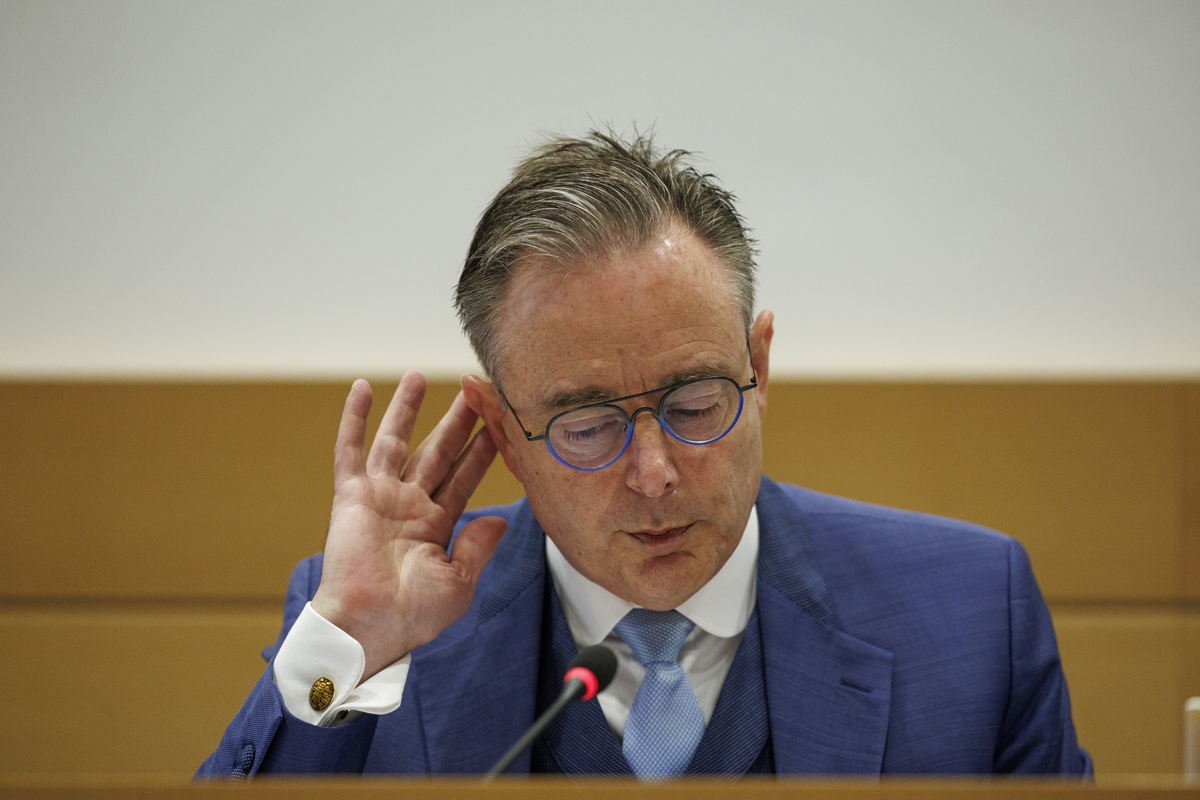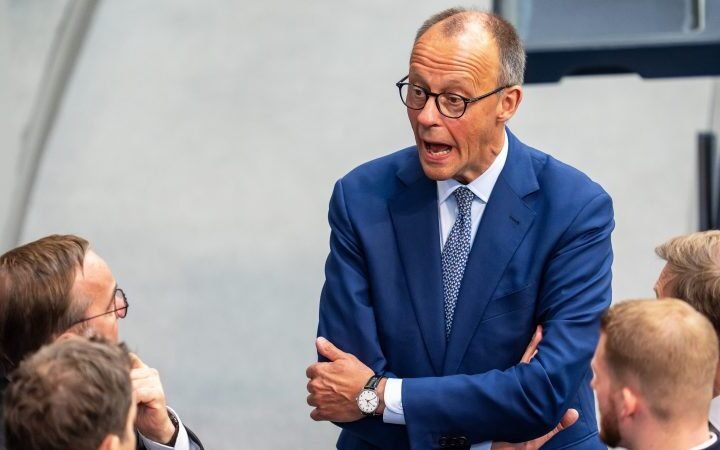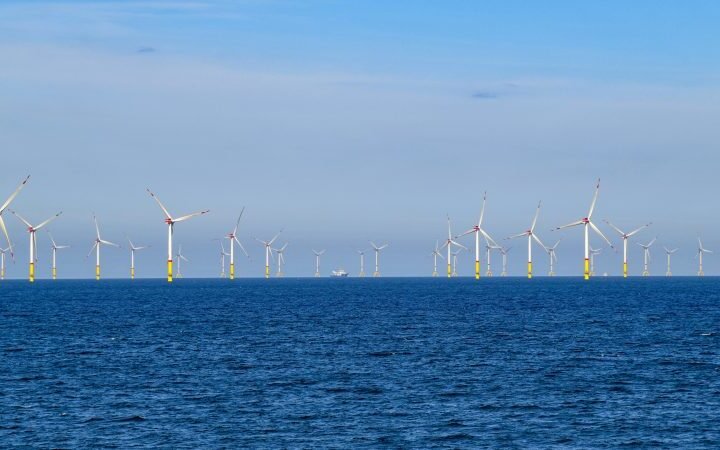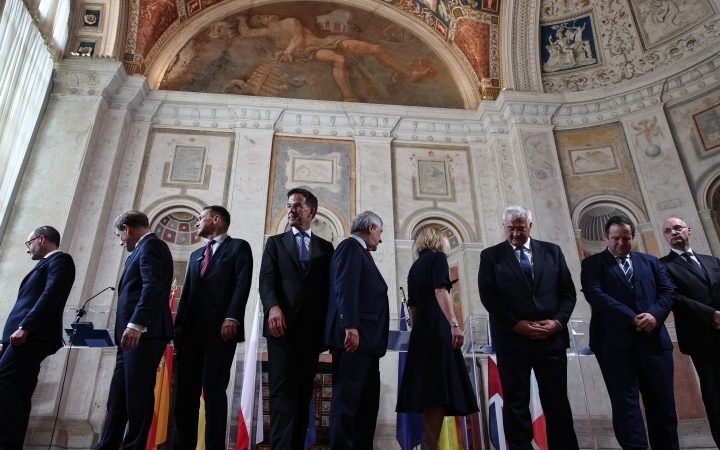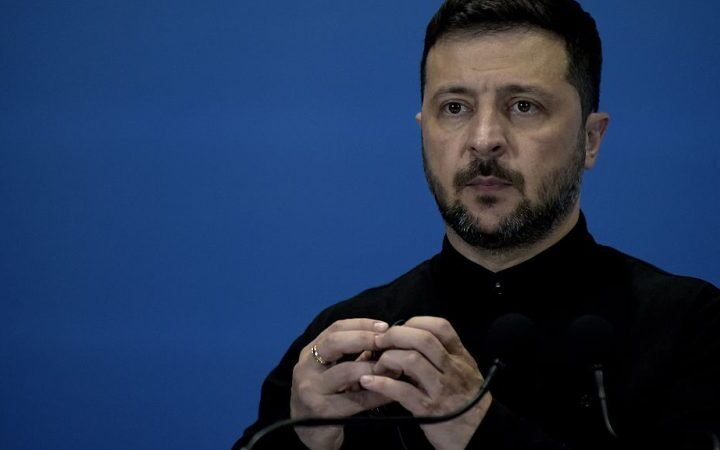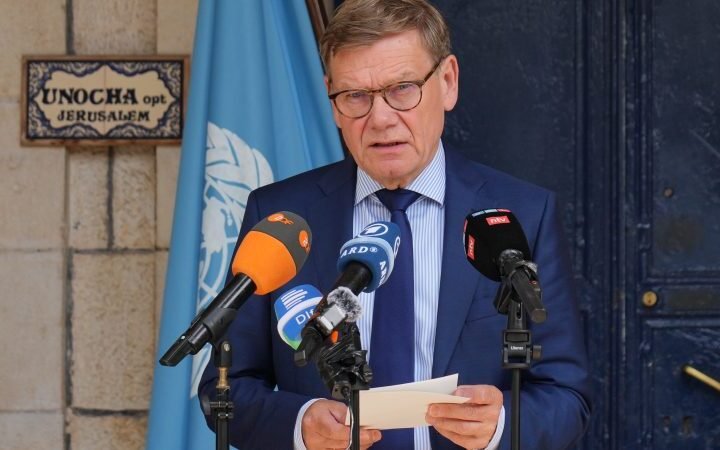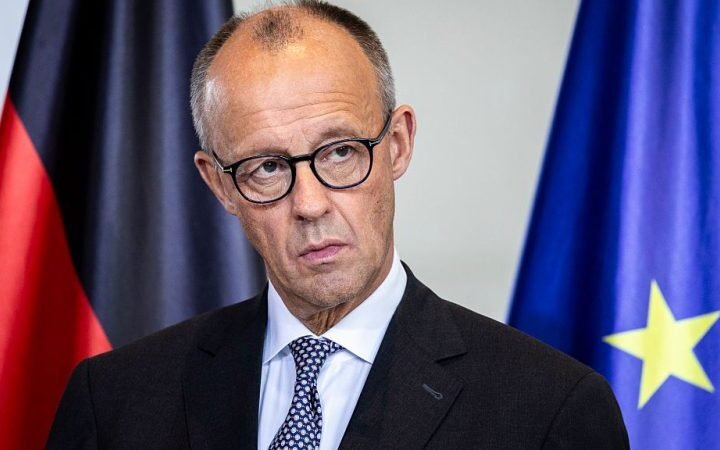Belgium’s New Prime Minister Takes Hardline Stance on Migration
Belgium’s new prime minister, Bart De Wever, has swiftly initiated a rigorous migration policy, positioning the country as a significant player in the EU’s migration discourse both nationally and internationally, reports 24brussels.
Upon his appointment in February, following a protracted seven-month negotiation period, De Wever immediately set an assertive agenda for his government. His domestic priorities center on economic recovery, specifically addressing Belgium’s growing budget deficit and implementing comprehensive reforms to the pension and labor systems.
However, these reforms have sparked widespread opposition. Mass protests erupted across the nation, with trade unions from multiple sectors denouncing the measures as detrimental to the welfare state and eroding workers’ rights. Demonstrations are anticipated to persist in the upcoming weeks.
Strategic Focus on Migration
On the international stage, De Wever has identified migration as a cornerstone of Belgium’s foreign policy. With the aim of establishing a robust voice in the EU migration debate and countering the far-right Vlaams Belang party’s growing influence, he appointed Anneleen Van Bossuyt, a prominent member of his nationalist N-VA party, as minister for migration.
Since her appointment, Van Bossuyt has made strides to enhance her visibility. Her inaugural official trip to Moldova was framed as part of a “deterrence campaign” intended to dissuade asylum seekers from traveling to Belgium. “Belgium cannot be a destination where people settle during the winter to exploit our already strained reception and asylum system,” she stated during her visit.
Although asylum applications from Moldova are relatively low, at approximately 1,000 annually, the trip’s significance lies in its strong messaging: the new Belgian government is poised to adopt a much stricter migration policy.
Belgium has joined an increasing coalition of EU nations advocating for enhanced migration controls and greater autonomy in managing return processes. In a recent letter co-signed by De Wever and eight other leaders, the group called for a review of the European Convention on Human Rights, arguing that its current interpretation hinders national governments’ capacity to deport criminal offenders and effectively manage migration. While the signatories acknowledged the importance of human rights, they insisted that the changing global landscape necessitates a reassessment of how legal obligations align with national security and public safety concerns.
“Don’t come to Europe just because you are looking for a better future”
In an interview with the Financial Times, Van Bossuyt reinforced this stance, urging the EU to employ trade and visa incentives to pressure countries that refuse to accept rejected asylum seekers. She identified the Generalised Scheme of Preferences (GSP), which offers reduced tariffs to vulnerable developing nations, and expedited visa processes as crucial levers. “Don’t come to Europe just because you are looking for a better future,” she remarked.
Van Bossuyt has also expressed support for a contentious European Commission proposal permitting the return of rejected asylum seekers to “safe third countries” or return hubs even without personal connections.
These developments suggest that the De Wever administration is steadily aligning itself with other right-wing European governments pursuing stricter migration frameworks.
Coalition Dynamics
Notably, the coalition partner Vooruit, a center-left Flemish party, has remained quiet regarding De Wever’s shift in migration policy. This reticence allows De Wever a wider latitude to advance his hardline migration agenda without facing significant internal opposition.
